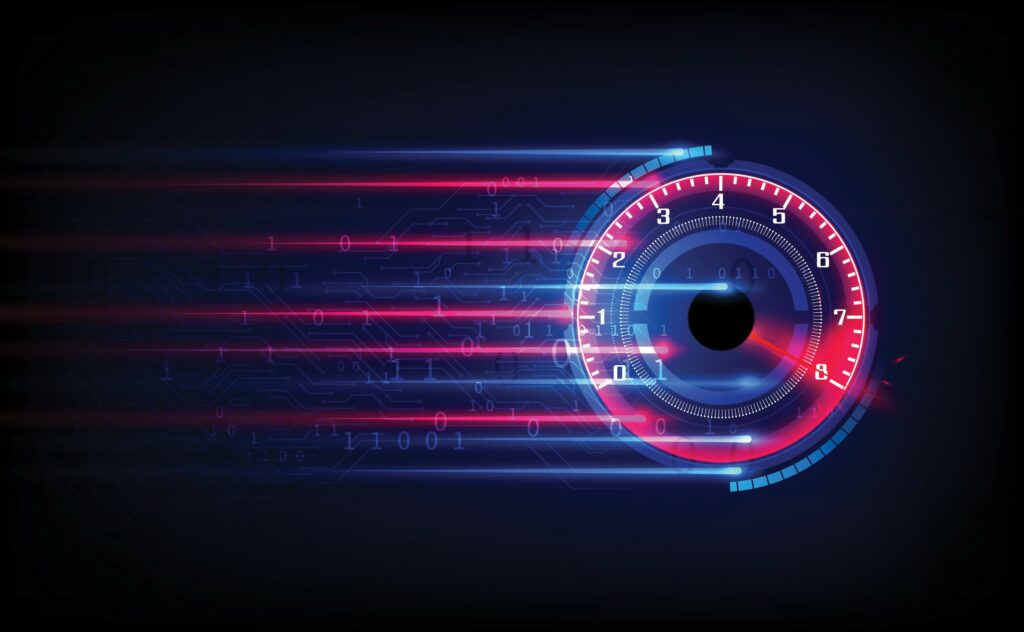What is e-fuel?
30 March 2023

The EU has approved plans to ban the sale of new petrol and diesel passenger cars across all member states from 2035. Bowing to pressure from a number of countries, including Germany and Italy, ministers agreed to consider allowing e-fuel-powered cars after this date.
The new rules aim to reduce emissions from road transport and push for the automotive industry to shift to zero-emission technologies. The legislation calls for a 55% reduction in CO2 emissions for new cars, and 50% for new vans, from 2030 to 2034 compared to 2021 levels. From 2035 onward, there will be a requirement for 100% emission reductions from both cars and vans.
However, the EU Council also included a reference to e-fuels in the legislation. ‘Following a consultation with stakeholders, the Commission will make a proposal for registering vehicles running exclusively on CO2-neutral fuels, after 2035, in conformity with EU law, outside the scope of the fleet standards, and in conformity with the EU’s climate neutrality objective,’ the Commission said.
Awareness of e-fuels has grown in recent weeks following Germany’s argument that they should be included in the Fit for 55 proposals for the EU’s transport sector.
E-fuels are synthetic fuels, produced by blending hydrogen with carbon dioxide captured from the environment. Cars running on e-fuels still produce CO2, but those backing their inclusion in new automotive legislation argue that the overall production creates a cycle, balancing out the carbon impact. Effectively, the emissions from the tailpipe are used in their creation. E-fuel production can also use renewable energies, keeping manufacturing emissions net-zero.
Critics argue that this does not mean a lowering of CO2 emissions, but more of a stalemate. There are also concerns that the costs of e-fuels will be extremely high, and that mass production using sustainable energy will be almost impossible.
Yet the development of e-fuel will likely bring costs down, with the eFuel Alliance stating that while in 2025 a litre of e-fuel could cost up to €0.77 more than the equivalent fossil fuel, by 2050 these prices may decrease by up to €1.33 a litre, making it more affordable.
A troubled vote
Only Poland voted against the new proposals, while Italy, Bulgaria and Romania abstained. Italy has been pushing for the inclusion of biofuels in the regulations, but the Commission decided against adding them alongside e-fuels.
‘Electrification requires significant changes across the automotive sector, which need to be planned and guided with due care in order to avoid undesirable economic, industrial and social impacts. Cars with combustion engines are owned by low-income citizens and will remain in circulation beyond 2035. The success of electric cars will depend very much on how they become accessible to these citizens,’ the Italian government said in a statement.
‘The use of renewable fuels which are compatible with combustion engines will ensure an immediate reduction in emissions without requiring disproportionate economic sacrifices from citizens. Forcing electrification may, on the contrary, entail the risk of non-acceptance by the market, which could harm car and van producers. It would also prevent the technological development of hybrid engines with a very low environmental impact. From an industrial point of view, increasing demand for renewable fuels will give the petrochemical sector an important opportunity to adapt,’ the statement continued.
The Italian government argued that by setting a 100% emission reduction objective for 2035 and providing no incentive to use renewable fuels, the regulation does not comply with the principle of technological neutrality.
While supporting the new rules, Finland’s government expressed disappointment that gas-powered vehicles were not included in legislation beyond 2035. ‘Promoting the utilisation of biomethane in transport is important and during the negotiations, we made a proposal for an incentive for gas-fuelled vehicles. We would also like to emphasize to the Commission the recital regarding registering vehicles running on CO2-neutral fuels after 2035,’ Finland’s government added.
Small-volume manufacturers are to be exempt from the targets until the end of 2035, a move that led in part to Poland’s decision to vote against the measures.
‘Poland cannot accept the inclusion of exemptions for manufacturers of certain luxury brands; this is incompatible with the general principle that emissions should be reduced by all sectors in a manner which is socially fair. In times of crisis, derogations should be directed at the poorest citizens rather than at luxury car manufacturers. Poland, therefore, expresses its opposition to this legislative act,’ the country’s government stated.
Future findings
The new rules mean carmakers whose fleet-average emissions rise above the EU targets will have to pay a fine, set at an average of €95 per gramme of CO2 over the set limit.
As part of the legislation, a regulatory incentive mechanism for zero- and low-emission vehicles (ZLEV) will be in place from 2025 until the end of 2029. The Commission stated that if a vehicle manufacturer meets certain benchmarks for ZLEV sales, it can be rewarded via the mechanism with less strict CO2 targets. The benchmark is set at 25% for cars and 17% for vans.
There will also be a regulatory review in 2026, where the Commission will assess the progress being made towards its 2035 targets. This will take into account any technological developments over the next three years, and the importance of a viable and socially equitable transition towards the intended aims.
The Commission also plans to develop a common EU methodology by 2025. This will assess the CO2 emissions emitted during the entire life cycle of a car or van, as well as for the consumed fuel and energy.
‘I am happy to see that the EU is delivering on its promises with the Fit for 55 package. The new rules will bring opportunities for cutting-edge technologies and create the momentum for industry to invest in a fossil-free future,’ commented Romina Pourmokhtari, Swedish Minister for climate and the environment.
The legislation will now pass into law, with no further votes required. The regulation will be published in the EU’s Official Journal and enter into force on the twentieth day following this. No date has yet been set for the consultation into e-fuels.



